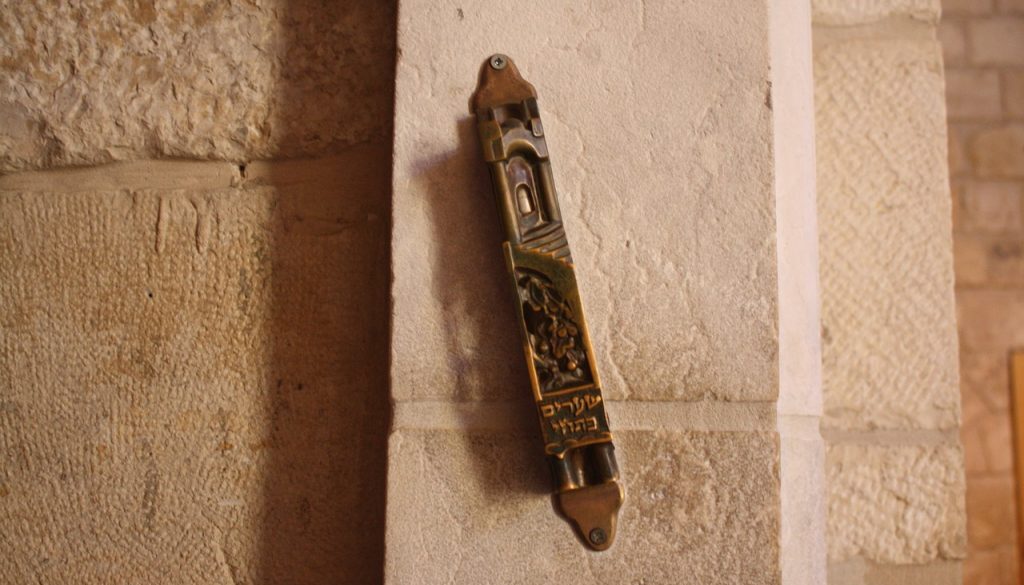Jewish House Of Mourning Shiva Customs & What You Should Do To Pay Respect To The Family

As a Rabbi, I am often called upon to guide my congregation through the difficult and emotional experience of paying one’s respects at a house of mourning, known as “shiva.“
The shiva period, which typically lasts for seven days, begins immediately after the funeral and is a time for the bereaved family to receive visitors in their home. During this time, friends and family come to offer condolences and support to the family of the deceased.
Visiting A House Of Mourning
When visiting a house of mourning, it is important to dress modestly and in a manner that shows respect for the gravity of the occasion. Men should wear a suit and tie or nice casual attire, while women should dress modestly and at an orthodox shiva cover their heads, if possible.
Upon arriving at the house of mourning, it is customary to approach the family of the deceased and offer condolences. The traditional Jewish phrase for offering condolences is “baruch dayan ha’emet,” which translates to “blessed is the true judge.” It is also appropriate to say “ha-makom y’nachem etchem b’toch sh’ar aveilei Tzion v’Yerushalayim” which means “May the place comfort you among the mourners of Zion and Jerusalem.”
When inside the house, it is customary to sit low and speak softly out of respect for the mourning family. It is also customary to refrain from using the word “congratulations” or using words of happiness during the shiva period.
During The Shiva
During the shiva, it is also customary for the bereaved to recite the Mourner’s Kaddish, a prayer that is traditionally recited by mourners to honor the memory of the deceased. It is customary for all those in attendance to stand during the recitation of the Kaddish, out of respect for the deceased and the family.
In addition to offering condolences and support to the family, it is also customary to make a donation to a charity in the memory of the deceased. This is known as a “tzedakah” and is a way to honor the memory of the deceased while also helping to make a positive impact in the world.
It is also a common practice to bring food to the house of mourning, in order to help the family during this difficult time. You can also offer to help with household chores, to take care of errands or to just be present and listening.
It is important to note that shiva customs vary among different communities and families. It is always a good idea to ask the family for their preferences or if there is any specific customs you should be aware of.
Attending a shiva can be a difficult and emotional experience, but by understanding the customs and traditions of the Jewish community, you can show respect and support to the family of the deceased. As a Rabbi, I encourage everyone to be present and to show their support to the bereaved family, as well as to honor the memory of the person who has passed away.
May the memory of the deceased be for a blessing, and may the loved ones find comfort and peace.
